On the afternoon of September 23, the Ministry of Agriculture and Rural Development held a meeting to agree on how to prepare for the pilot implementation of greenhouse gas emission reduction payments from the Transition Carbon Finance Fund (TCAF) to support the Project "Developing 1 million hectares of high-quality and low-emission rice cultivation areas associated with green growth in the Mekong Delta region by 2030".
At the meeting, the Department of International Cooperation (Ministry of Agriculture and Rural Development) said that on September 12, the Management Board of the Transition Carbon Finance Fund (TCAF) sent a letter of decision confirming Vietnam's proposal (PIN) to support the implementation of the 1 million hectare rice project.
To prepare for the next steps of cooperation, the World Bank (WB) proposed to organize a working delegation to work with agencies of the Ministry of Agriculture and Rural Development and related ministries and sectors from September 23 to October 2.
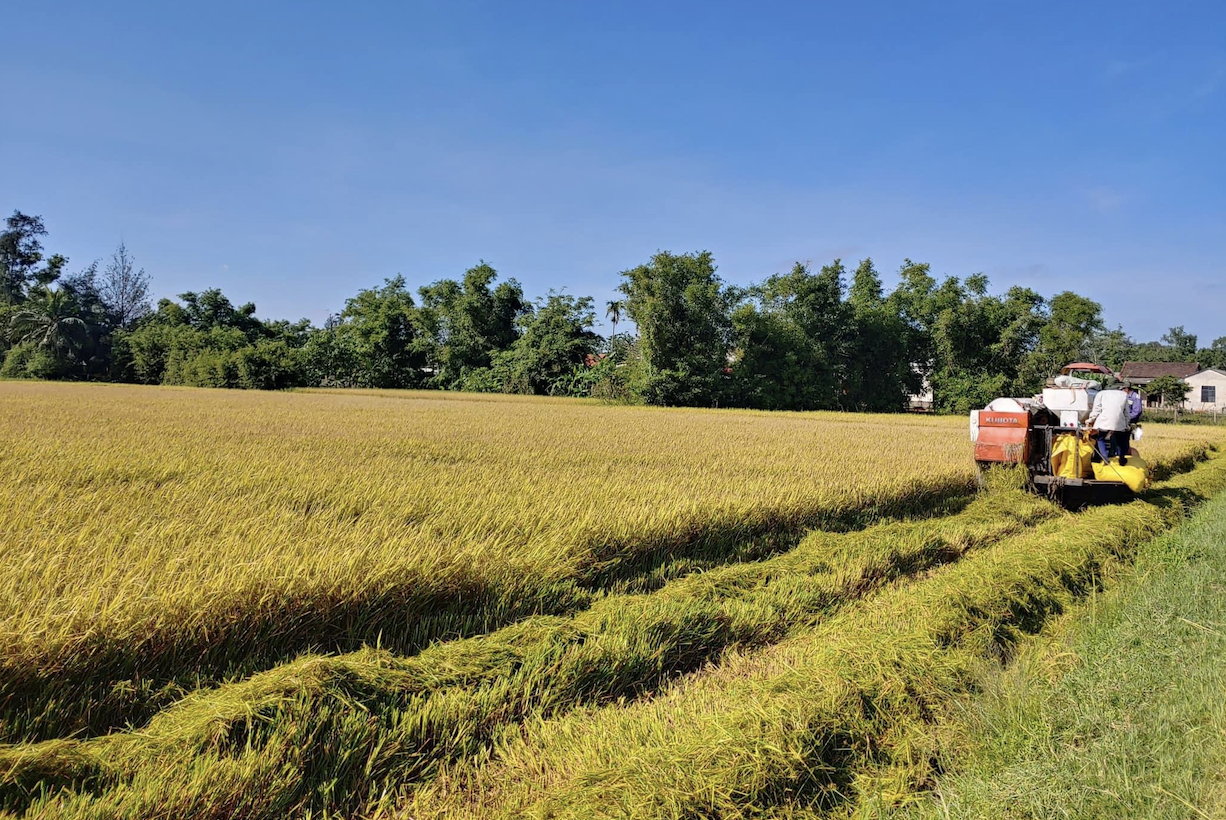
In addition, the Transition Carbon Finance Fund (TCAF) approved a total budget of 33.3 million USD, which could increase to 40 million USD (equivalent to about 826-992 billion VND), to be paid based on results and in two phases of the project.
The TCAF funding commitment will be valid for 12 months and at the end of this period, the World Bank expects to approve the funding by signing an Emission Reduction Payment Agreement (ERPA).
Specifically, phase 1 will pay 15 million USD (can increase up to 18 million USD). The negotiation time for ERPA with TCAF is expected in May 2025.
Phase 2, the payment amount is 18.3 million USD, which can increase up to 22 million USD.
In addition, TCAF will provide $2 million in technical assistance (directly managed by the World Bank) to carry out capacity building activities to support the implementation of Article 6 of the Paris Agreement, the MRV system and other recommendations.
Sharing about the Project "Developing 1 million hectares of high-quality and low-emission rice cultivation areas associated with green growth in the Mekong Delta by 2030", Deputy Minister of Agriculture and Rural Development Tran Thanh Nam reported good news, after piloting 7 models in 5 provinces and cities in the Mekong Delta region, the first season has given very positive results.
Specifically, in the pilot models, material costs decreased, rice prices increased, and farmers' income increased. Rice output produced in the direction of high quality and low emissions in the models was registered by enterprises to be purchased at a higher price than the rice price in the market.
The models also measured the initial emission reduction coefficient. Deputy Minister Nam said that the pilot models on an area of about 300 hectares in different regions have now finished harvesting and continue to produce the Winter-Spring crop. By the Summer-Autumn crop next year, the Ministry of Agriculture and Rural Development can issue the emission reduction coefficient on rice.
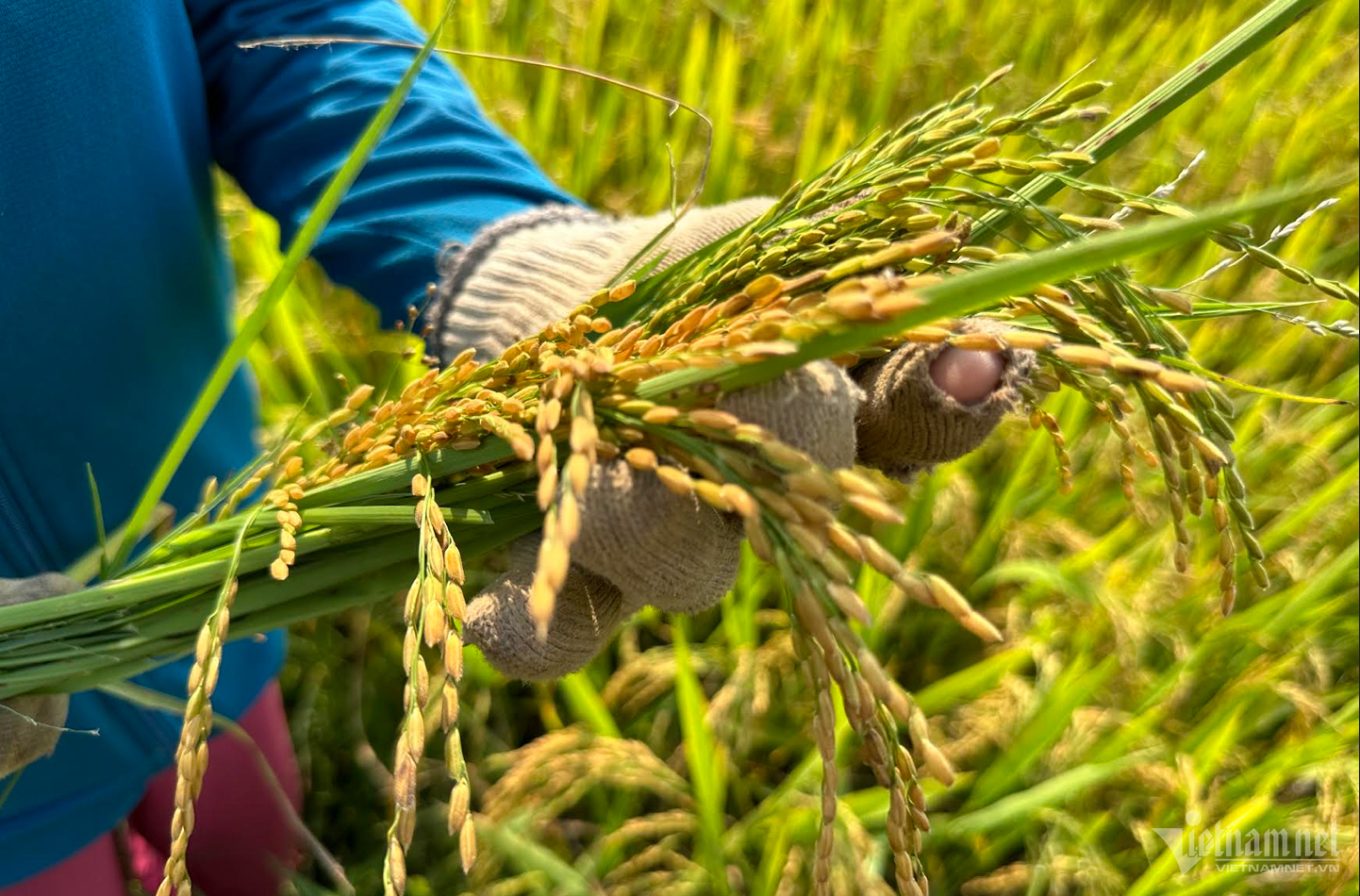
“The most exciting thing is the awareness of farmers. People have great confidence in the project, everyone is excited to successfully produce rice with reduced emissions. Up to now, we can confirm that the farming process is very good, many farmers have registered to participate,” he shared.
Deputy Minister Tran Thanh Nam also emphasized that the purpose of this project is to enhance the sustainable value of Vietnamese rice, help people increase their income, and ensure the environment as committed.
At this time, the Ministry of Agriculture and Rural Development has not raised the issue of selling rice carbon credits. However, the TCAF's carbon credit payment support is very meaningful to farmers in the pilot production phase. Therefore, he also hopes that the TCAF can support the payment of 20 million USD in phase 1. Because this is a motivation to encourage farmers to continue producing high-quality and low-emission rice.
The WB group representative said that they will answer the issues mentioned by Deputy Minister Tran Thanh Nam at the next working session.
The World Bank representative also emphasized its readiness to support Vietnam in the program of implementing 1 million hectares of high-quality and low-emission rice. Based on the cooperation, the WB hopes to successfully implement the project, contributing to reducing net emissions to zero by 2050 as committed by the Government.
This week, TCAF experts will conduct field trips to the pilot production areas to review the implementation of technical measures. At the same time, they will discuss and agree on a method for measuring, reporting and verifying (MRV) greenhouse gas emissions from rice production to form carbon emission reduction credits transferred/traded with TCAF and used for the National NDC commitment...
Deputy Minister Tran Thanh Nam informed that 12 provinces in the Mekong Delta have planned to produce according to the 1 million hectare rice project. The production area achieving carbon credits will increase very quickly in the coming time. Because, from pilot models with standard production processes, achieving good results will be expanded to other provinces. By 2025, the rice area reducing emissions will increase to 200,000 hectares.
He hopes that TCAF experts will work further with the competent authorities of the Ministry of Agriculture and Rural Development to unify issues related to the project.
“We want to soon be able to pilot carbon credit payments so that farmers have the motivation to expand production,” he said. Regarding the sale of rice carbon credits, Deputy Minister Nam affirmed that when permitted, the Ministry of Agriculture and Rural Development will propose to the Government to sell to TCAF first because it is a partner of this project.
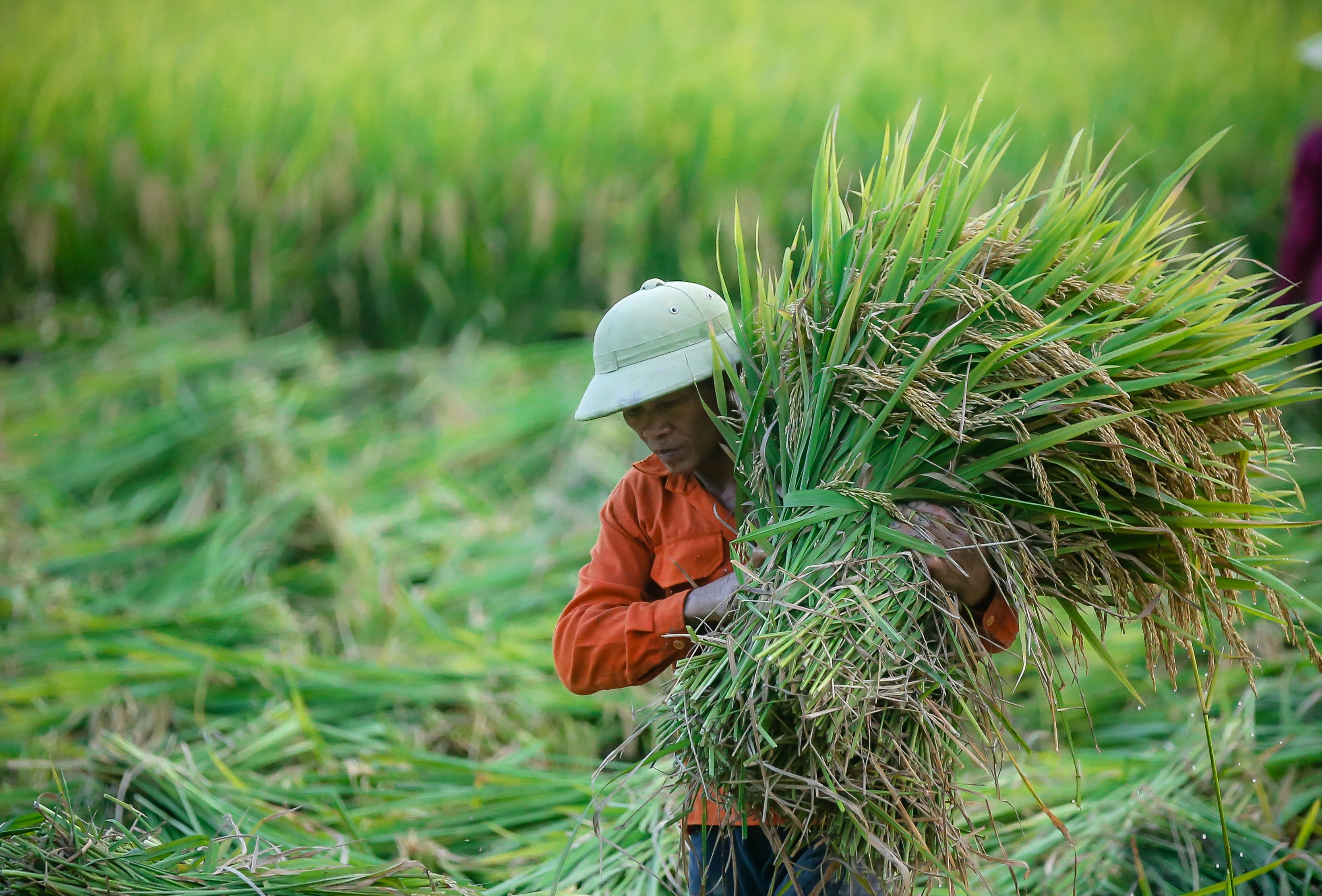
Source: https://vietnamnet.vn/se-co-gan-1-000-ty-dong-chi-tra-tien-tin-chi-carbon-lua-cho-nong-dan-o-dbscl-2325152.html


![[Photo] Binh Thuan organizes many special festivals on the occasion of April 30 and May 1](https://vphoto.vietnam.vn/thumb/1200x675/vietnam/resource/IMAGE/2025/5/1/5180af1d979642468ef6a3a9755d8d51)




![[Photo] Ha Giang: Many key projects under construction during the holiday season](https://vphoto.vietnam.vn/thumb/1200x675/vietnam/resource/IMAGE/2025/5/1/8b8d87a9bd9b4d279bf5c1f71c030dec)


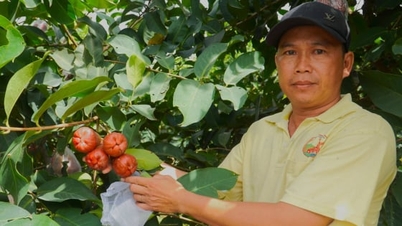



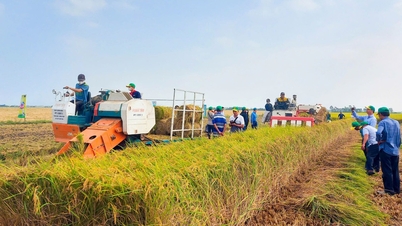

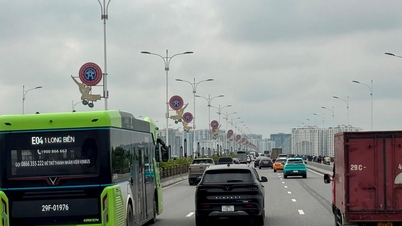

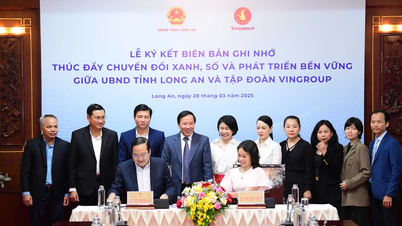
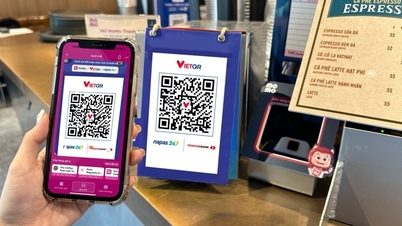


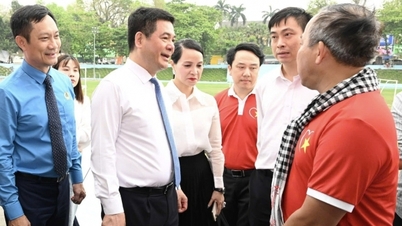






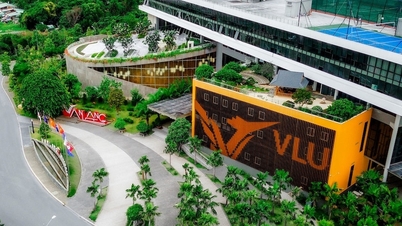

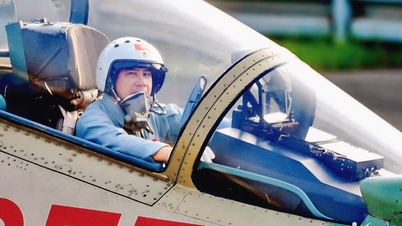
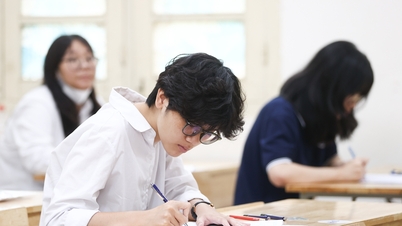

![[Photo] Feast your eyes on images of parades and marching groups seen from above](https://vphoto.vietnam.vn/thumb/1200x675/vietnam/resource/IMAGE/2025/4/30/3525302266124e69819126aa93c41092)

































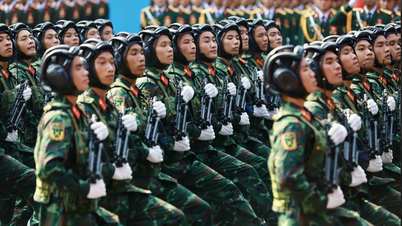














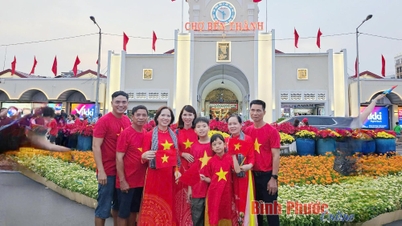
















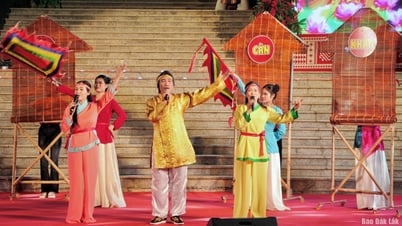
Comment (0)